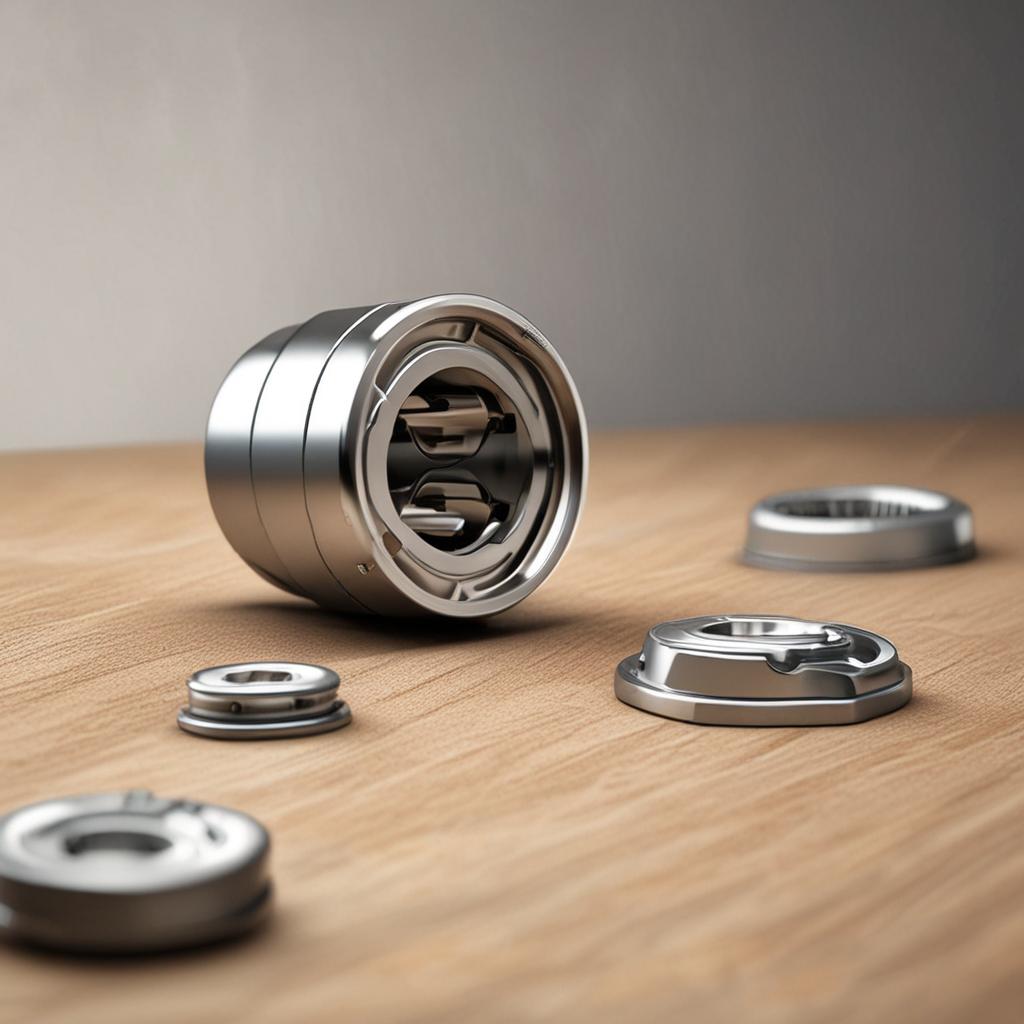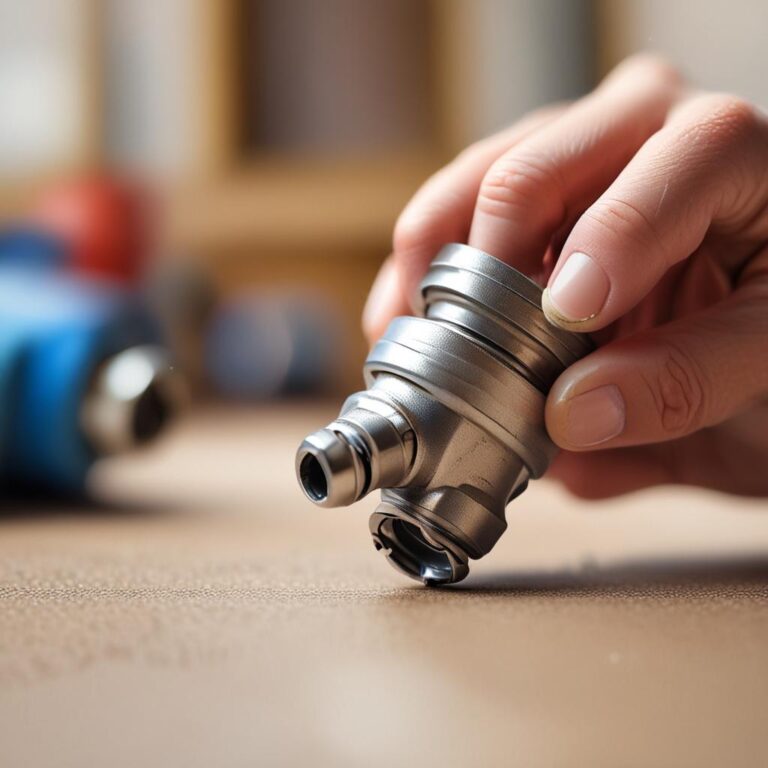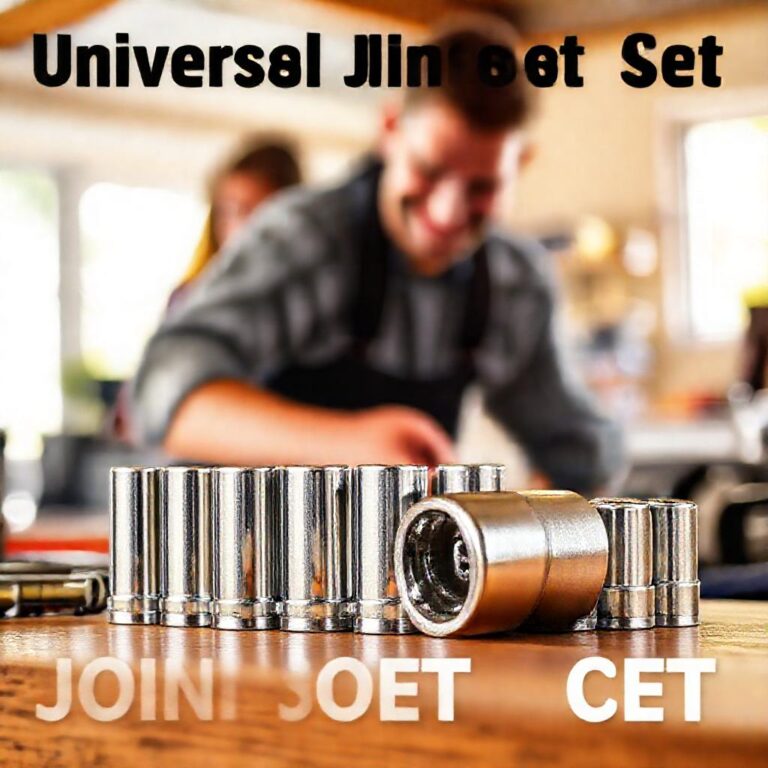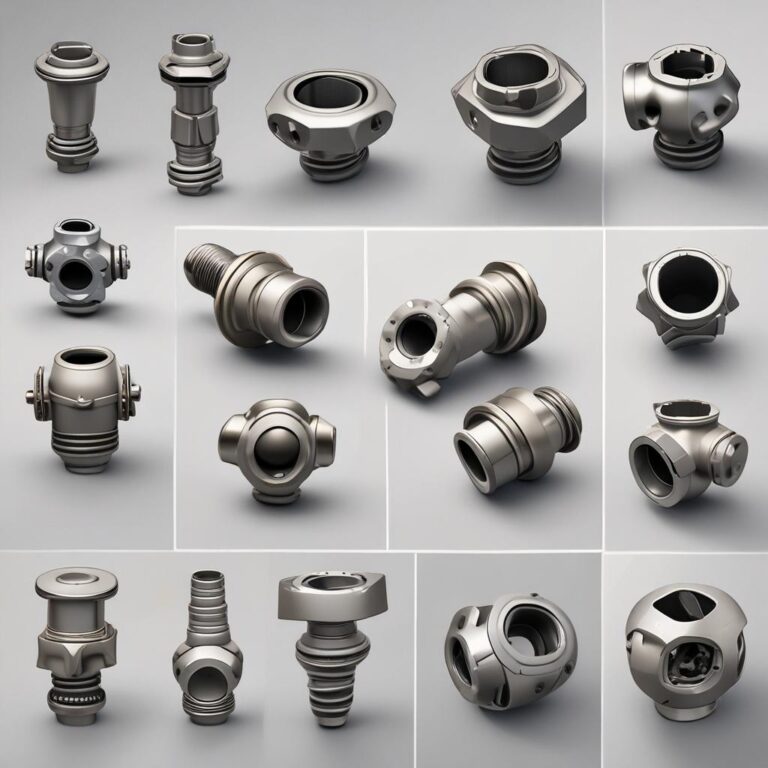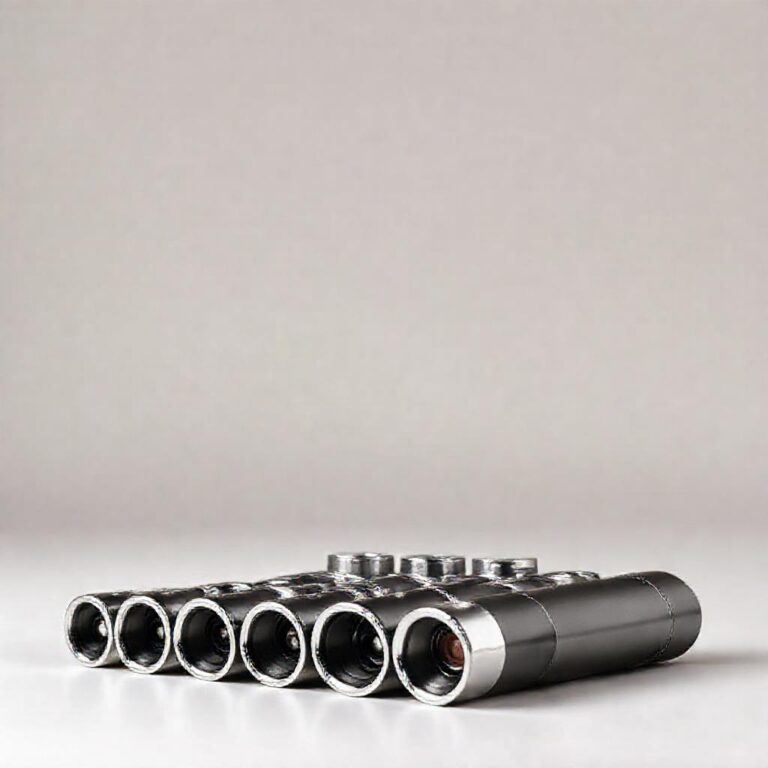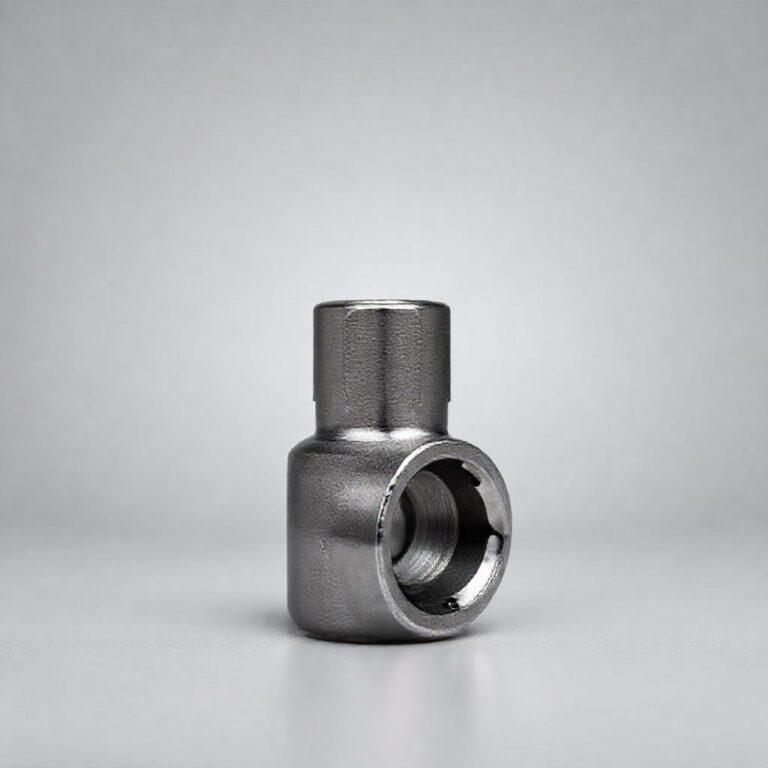Can I Use Impact Sockets on a Ratchet
When it comes to tackling automotive repairs or DIY projects, having the right tools is essential. One common question that often arises is whether impact sockets can be used on a regular ratchet. While it might seem convenient to swap sockets between tools, understanding the differences and potential risks is crucial. Impact sockets are designed for high-torque applications, while regular sockets are better suited for manual use. This guide will explore the compatibility, risks, and best practices to help you make informed decisions and ensure your projects are safe and efficient.
Understanding Impact Sockets vs. Regular Sockets
What Are Impact Sockets?
Impact sockets are specifically designed for use with high-torque tools like impact wrenches or impact guns. They are built with thicker walls to withstand the intense forces generated by these tools. Additionally, they feature a specialized corner design to prevent rounding off bolts, making them ideal for heavy-duty tasks like loosening stubborn lug nuts or engine bolts.
What Are Regular (Hand Tool) Sockets?
Regular sockets, also known as hand tool sockets, are intended for use with manual ratchets and wrenches. They have thinner walls and are less durable compared to impact sockets. These sockets come in standard 12-point or 6-point designs and are perfect for precision tasks and lighter-duty applications.
Key Differences in Construction & Performance
- Material strength and durability: Impact sockets are made from chromoly steel, which is tougher and more resistant to stress.
Can You Use Impact Sockets on a Regular Ratchet?
Short-Term vs. Long-Term Use
Comparison table for Short-Term vs. Long-Term Use
Using impact sockets on a regular ratchet is possible for light-duty tasks, such as tightening lug nuts or small bolts. However, prolonged use can lead to issues like cracking or chipping, as the ratchet isn’t designed to handle the thicker, heavier impact socket effectively.
Potential Risks & Downsides
- Shattering or fracturing: The socket may break under manual torque, especially if it’s not designed for such use.
When It’s Acceptable to Use Impact Sockets on a Ratchet
It’s acceptable to use impact sockets on a ratchet in emergencies, such as when a regular socket isn’t available. Low-torque applications, like working with small bolts, are also generally safe, but always proceed with caution.
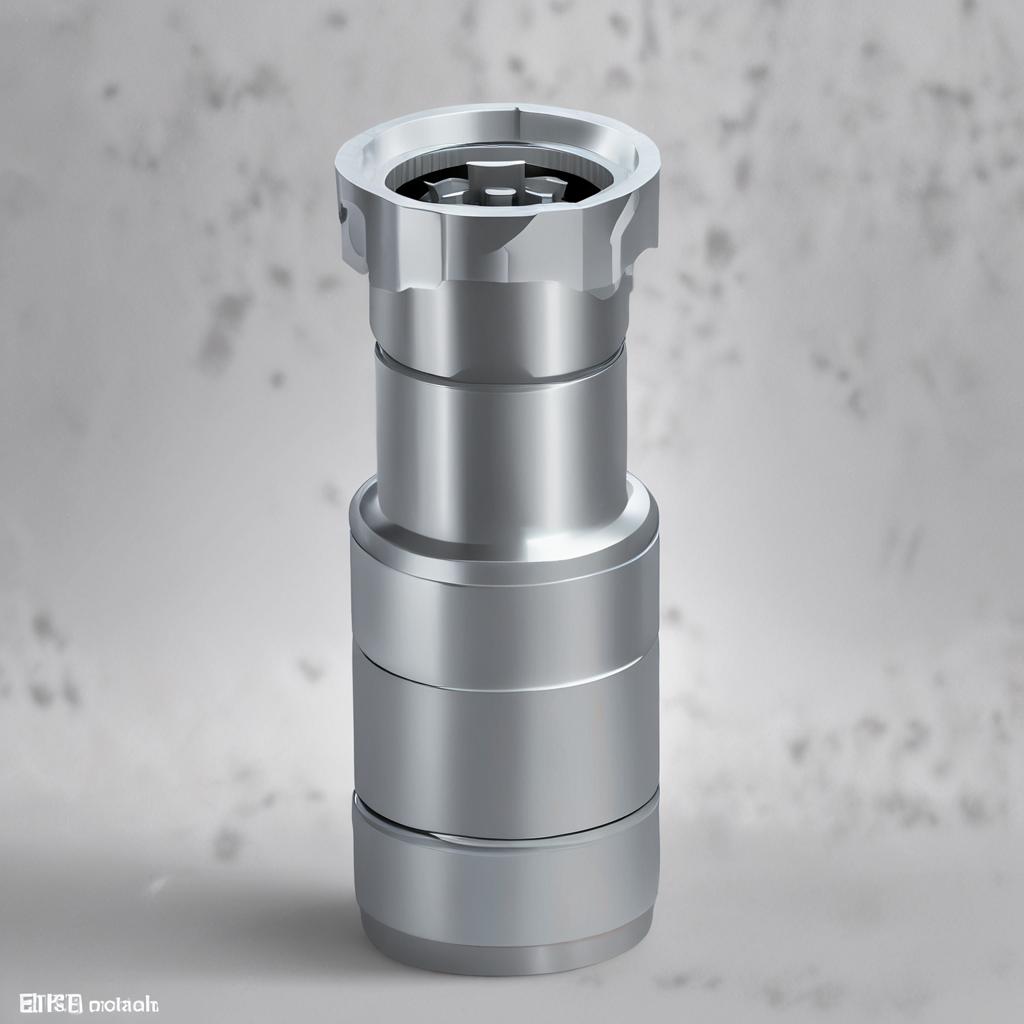
Best Practices for Socket Usage
When to Stick with Regular Sockets
For routine tasks like automotive repairs or construction work, regular sockets are the best choice. They offer better precision and control, making them ideal for tasks that don’t require high torque.
When to Use Impact Sockets
Impact sockets should be used for high-torque applications, such as removing wheel lugs or engine bolts. They are designed to work seamlessly with impact wrenches, ensuring both safety and efficiency.
Maintenance Tips for Longer Socket Life
- Store sockets properly to prevent damage and rust.
Alternative Solutions
Universal Sockets (Impact & Hand Tool Compatible)
Some brands offer universal sockets that claim to work with both impact and hand tools. While these can be convenient, their durability and performance may vary. It’s essential to research and choose a reputable brand if you opt for this solution.
Using an Impact Wrench Instead
For heavy-duty tasks, an impact wrench is often the better choice. It’s designed to handle the forces that impact sockets are built for, ensuring safety and efficiency. Always follow safety precautions, such as wearing protective gear, when using high-torque tools.
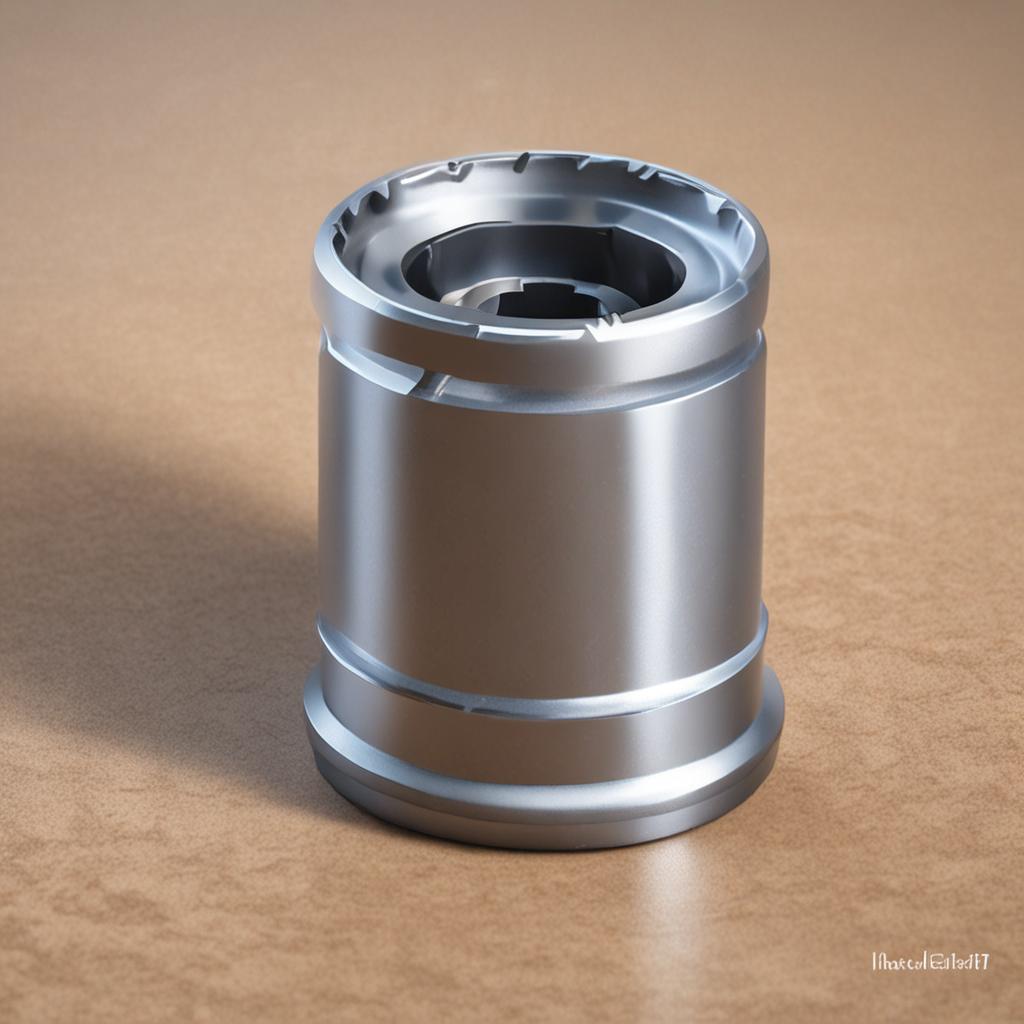
Conclusion
While it’s possible to use impact sockets on a regular ratchet in certain situations, it’s not ideal for long-term use. The risks of shattering, wear, and safety hazards make it essential to choose the right tool for the job. Investing in both impact and regular sockets will ensure you’re prepared for any task while maintaining the longevity of your tools. Remember, safety and efficiency always come first.
FAQ Section
Q1: Can a regular socket work in an impact wrench?
Answer: Not recommended; regular sockets can round or break under the high torque of an impact wrench.
Q2: How can I tell if a socket is impact-rated?
Answer: Look for markings like “Impact Grade” or check for thicker walls and a black oxide finish.
Q3: What happens if an impact socket fails on a ratchet?
Answer: It can shatter, causing potential injury and damaging the bolt or workpiece.
Q4: Are there any sockets that work for both impact and hand tools?
Answer: Some universal sockets claim dual use, but their durability varies by brand and quality.

Q5: Can I use a regular ratchet on an impact socket for a one-time job?
Answer: It’s possible, but proceed with caution and wear safety gear to minimize risks.

